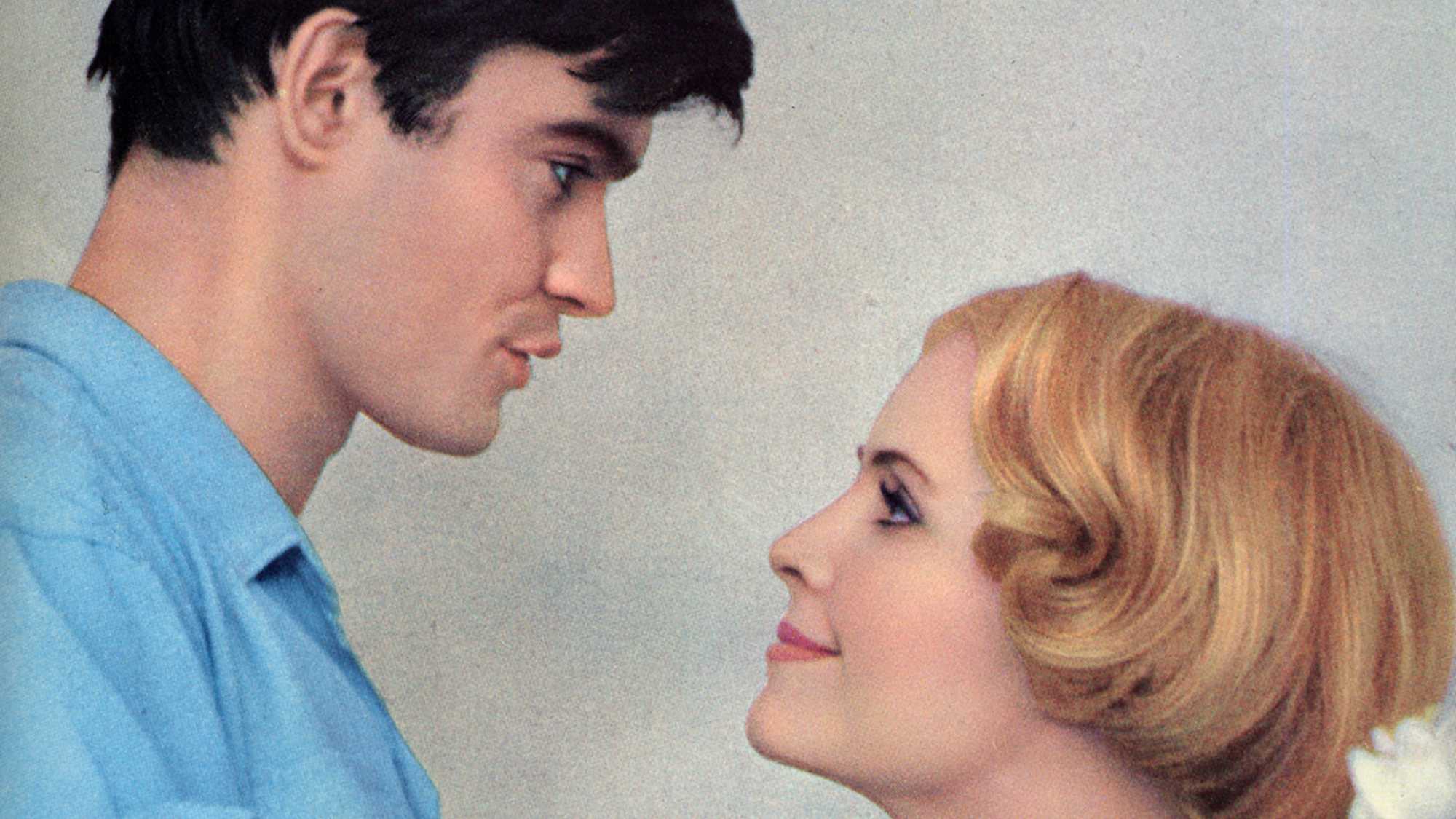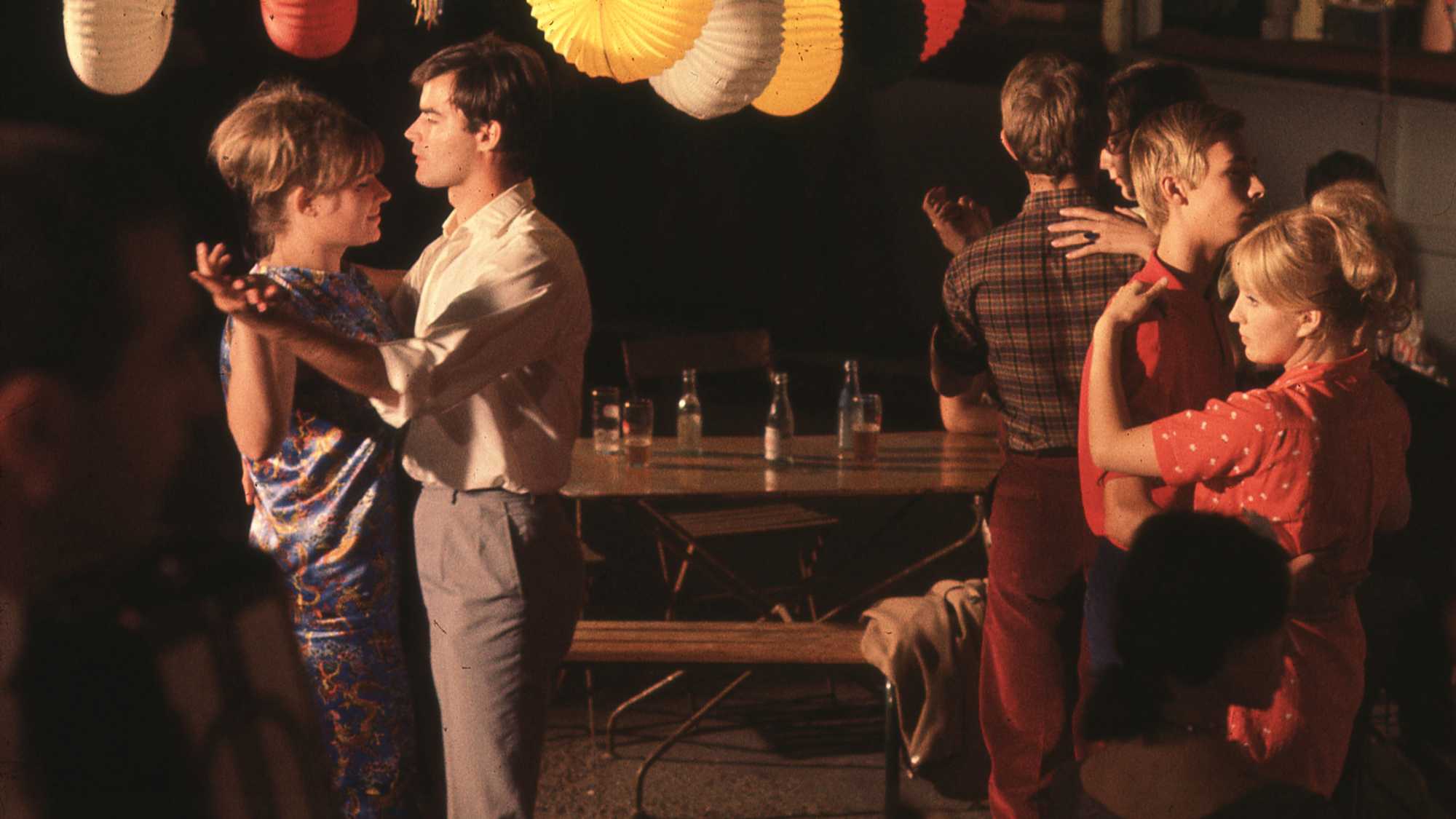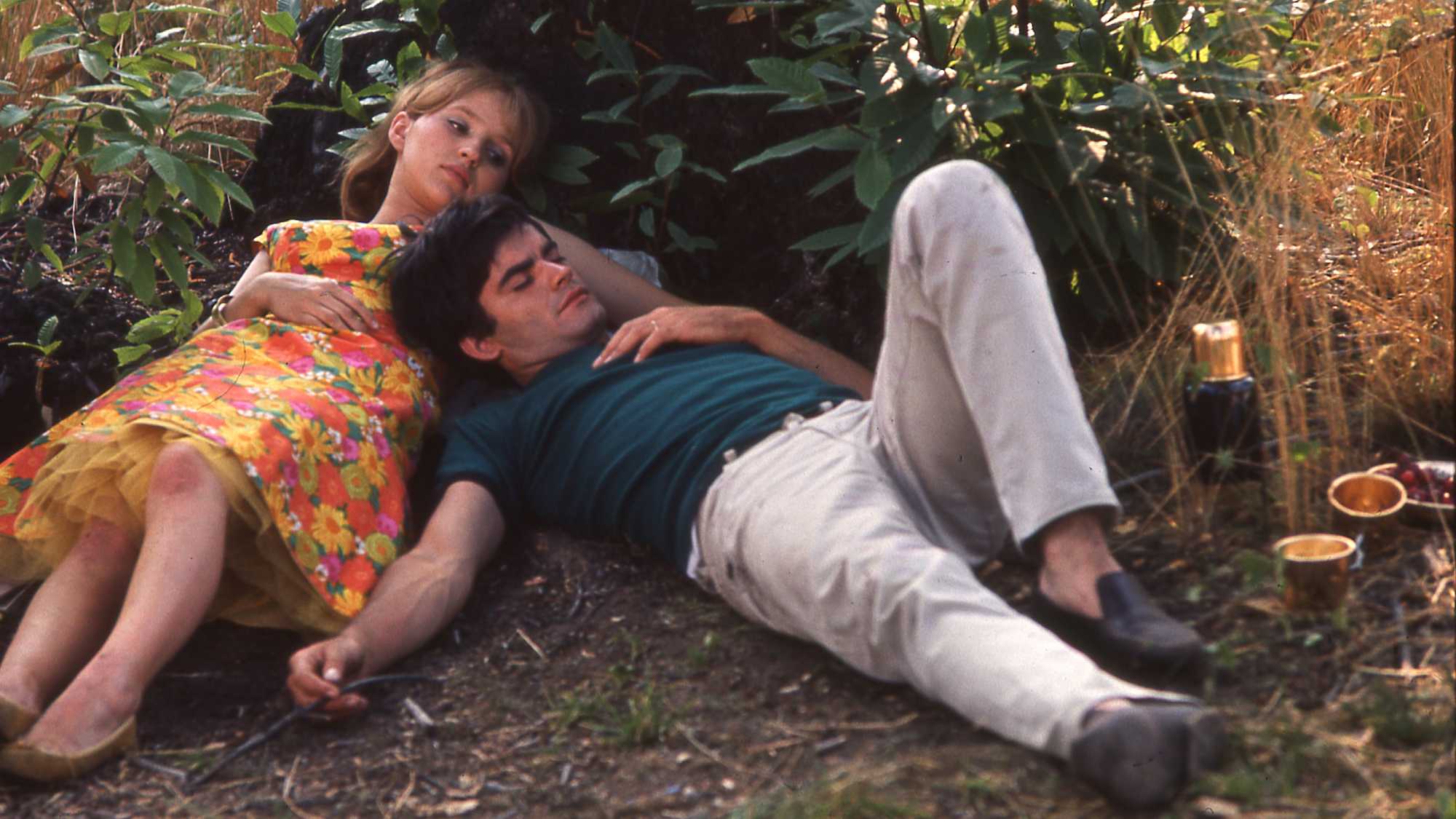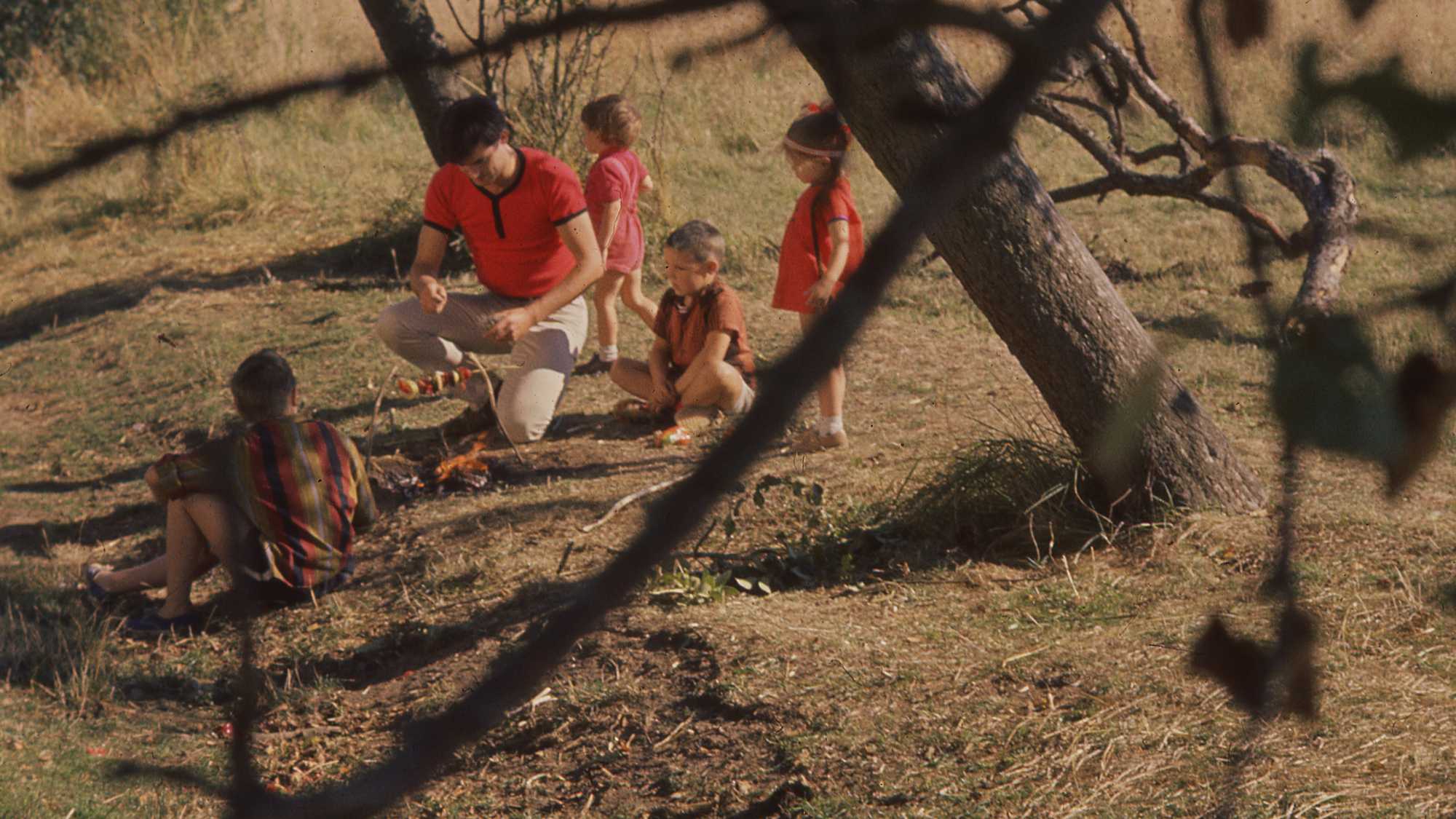Agnès Varda’s beautiful, quietly unsettling depiction of a young marriage strained by an affair examines the complexities of love and happiness.





Le Bonheur emerges as a harsh critique of free love, as well as an empathetic exploration of its allure
Screened as part of NZIFF 2019
Le Bonheur 1965
“The happiness alluded to in the title of Agnès Varda’s 1965 drama of adultery in a working-class Paris suburb stings with whiplash irony. A handsome couple, François and Thérèse (played by the real-life couple Jean-Claude and Claire Drouot), and their two young children (the actors’ own) live a life of old-fashioned sweetness. He’s a cabinetmaker, she’s a dressmaker; their sex life is active, and their social life is heartwarming. But François falls hard for a pert, uninhibited postal clerk (Marie-France Boyer), bringing drastic change to the domestic order. Varda fills her frames with riots of nature and color, like Bonnard paintings come to life, and with an erotic intimacy to match, choreographing physical passion with unabashed but formally controlled delight. She also brings abstract forces into view with tactile vigor, offering a sensual sociology of family and workplace rituals. Meanwhile, her witty visual allusions to films by her male New Wave contemporaries serve as both tributes and critiques.” — Richard Brody, New Yorker
“Few films have inspired as many wildly differing interpretations in the decades since their release as Agnès Varda’s 1965 Le Bonheur (Happiness). Is it a pastoral? A social satire? A slap-down of de Gaulle-style family values? A lyrical evocation of open marriage? Is the central character a good husband who knows how to enjoy life, a psychopath, a cad, or an unreal cardboard construction? Are the implications of the film’s title ironic or sincere? And, indeed, what is happiness?” — Amy Taubin, The Criterion Collection
“When Varda’s Le Bonheur was released, it was greeted with a polite cough of scandal – that a woman should dare to make a film on the male-privileged subject of male sexual privilege.” — Carloss James Chamberlin, Senses of Cinema